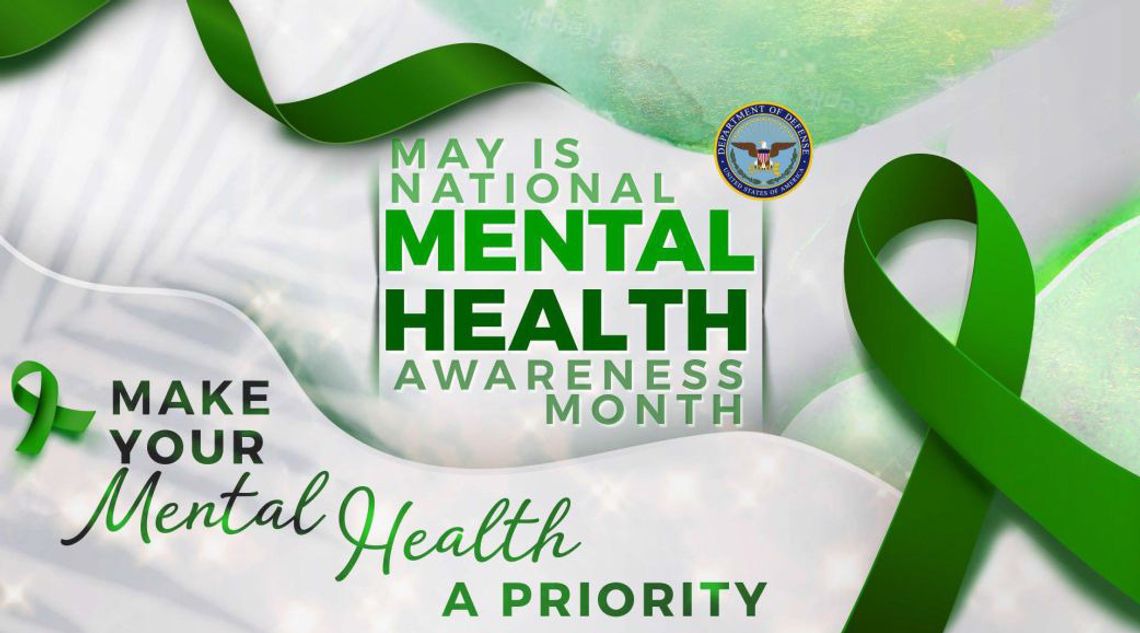Let's Talk Therapy: Why Counseling Awareness Matters
May is Mental Health Awareness Month, a time to focus on our mental well-being. This year, it also includes National Counseling Awareness Week on May 6th and 7th, highlighting the crucial role of counseling. As someone deeply immersed in the world of therapy, it's a topic that resonates profoundly with me. My belief in the transformative power of counseling isn't just professional; it's deeply personal. Witnessing individuals navigate their challenges, discover their inner resilience, and cultivate self-compassion is, without a doubt, the most rewarding aspect of my work.
However, the journey toward seeking support can often be shrouded in apprehension. The initial steps – researching therapists, understanding different therapeutic approaches, and ultimately deciding if counseling is the right path – can feel daunting. It's a common misconception that therapy is reserved for times of crisis. In reality, I firmly believe that everyone can benefit from having a dedicated space to process their thoughts and feelings. Life, in its inherent complexity, presents us all with moments where an objective, non-judgmental listener can be invaluable. A therapist serves not as a fixer or advice-giver, but as a facilitator, guiding you to tap into your own inherent wisdom, providing unwavering support as you navigate difficult decisions, and collaborating with you to make challenging emotions more manageable.
The landscape of therapy is diverse, and exploring the various modalities – from cognitive behavioral therapy to psychodynamic approaches – is an important part of the process. A skilled therapist will draw upon a range of techniques tailored to your individual needs and goals. I understand that the prospect of sharing your vulnerabilities with someone you've just met can be incredibly challenging. Building trust takes time and courage. Establishing a strong therapeutic alliance, that feeling of connection and mutual understanding, is foundational to meaningful progress. It sometimes requires a leap of faith, an openness to the possibility of connection.
It's also crucial to acknowledge that the initial match isn't always perfect. Some individuals may not experience that crucial therapeutic bond with their first counselor, leading to discouragement. My strongest encouragement is to not let this deter you. The therapeutic relationship is a unique dynamic, and finding the right fit is akin to finding the right partner or the right mentor. There is a therapist out there whose style, expertise, and personality will resonate with you. It is entirely within your rights to acknowledge when a therapeutic relationship isn't serving your needs and to actively seek a different therapist. You are the ultimate authority on your own experience and your most effective advocate in your mental health journey.
From my own experience as a client, sitting on the other side of the room and grappling with my own vulnerabilities, I can attest to the courage it takes. It can feel overwhelming, but the rewards of a strong therapeutic connection are immeasurable. To give up prematurely would be akin to halting a critical medical procedure midway through.
Therefore, I urge you to grant yourself the time and space to build this relationship. Be open and honest with your therapist about your feelings, even if those feelings involve doubts about the therapeutic process itself. If open communication doesn't bridge the gap, remember that seeking a better fit is not a failure, but an act of self-care and a testament to your commitment to your well-being.
Remember, “Your feelings are valid, and you are enough, and you MATTER.”
Unconditional Positive Regard,
Natalie Gabbard, MHR, LPC Licensed Professional Counselor *The views expressed in this article are solely my own . The information provided in this article is intended for educational and informational purposes only and should not be construed as professional counseling, advice, or treatment. While I am a licensed professional counselor, this article does not establish a therapeutic relationship and is not a substitute for personalized care. Each individual's situation is unique, and the content presented here may not apply to every case.
If you are seeking counseling or experiencing emotional distress, I encourage you to consult directly with a licensed mental health professional who can provide personalized support and guidance.








